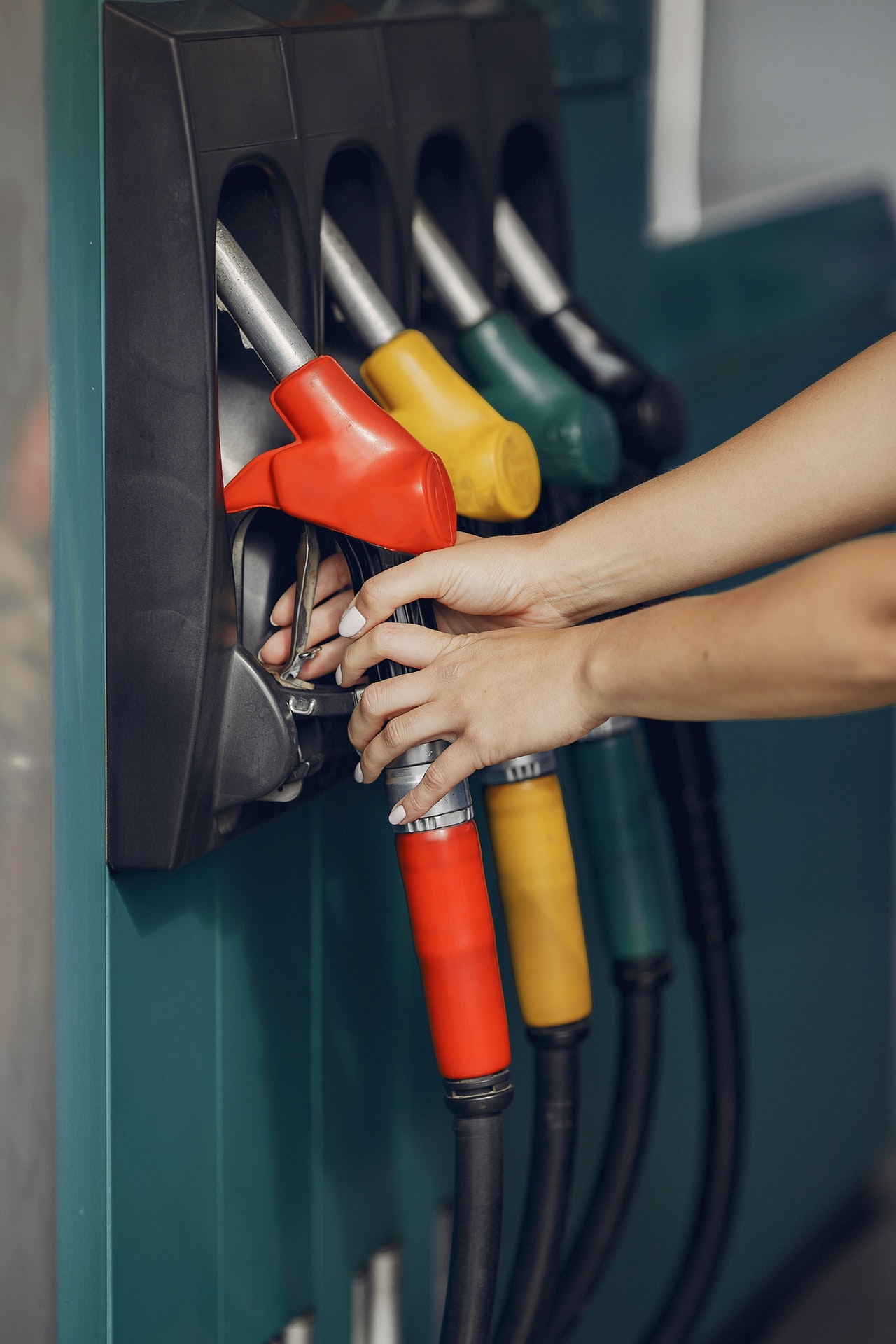Petrol vs diesel cars, what should you choose to buy?

It’s unquestionably one of the biggest historical rivalries in the car world… bigger than Ford vs Vauxhall, McLaren vs Ferrari, Prost vs Senna… you get the idea. The death knell may finally be sounding for the sale of new petrol and diesel-fuelled vehicles in the UK, but with even the Government’s plan to ban such vehicles from the forecourts not set for fruition until 2030, in the meantime, many of us continue to choose between these two when we are considering a new car.
We are now in a world where much of the motoring conversation is increasingly centring on hybrid vehicles and electric cars, but there’s still life in the petrol and diesel market yet. So, if this is the choice you are presently looking to make, what factors ought to be guiding your decision?
The initial purchase price and running costs
Before we get onto the subject of the driving experience with petrol vs diesel – which is a very important point with these two, as we will explain – let’s consider the very first thing a lot of you reading this will be thinking about. Yes, that’s right: we’re talking about costs.
While, broadly speaking, a diesel engine can be regarded as a simpler type of combustion powerplant than its petrol equivalent, it’s also true that manufacturers have invested considerably in recent years in technologies that allow diesel vehicles to produce smoother power and cleaner emissions.
This probably helps explain why, according to an Auto Express analysis in 2020, one might expect a modest diesel-engined family car to cost about £1,500 more to purchase than a comparable petrol model. Such a vehicle can also be expected to be worth about £750 to £1,000 more when the time comes to resell it, if the owner drives approximately 30,000 miles over three years.
But as we all know, there are also other ongoing costs to factor in. The broad rule is, you will usually be able to refill a petrol car for a few pence less per litre than its diesel counterpart, but you’ll probably have to return to the pumps more often. As a consequence, the diesel driver will almost certainly spend less on fuel in the long run, with higher mileages allowing those savings to quickly stack up.
The driving experience
There’s no question about it; diesels have historically had a bit of an image problem at times. However, that image – of them being noisy, smelly and not very refined – has become more and more out of date with the passing of the years.
Sure, even some newly built diesel vehicles can still rattle at idle, particularly in colder conditions. But the advancements of recent years – such as sound deadening around the engine bay and turbocharging to help smooth out the engine note – have made a big difference to how it feels to drive a diesel car.
A key thing to remember is that with diesels delivering greater power at lower revs than comparable petrol vehicles, they don’t have to work as hard to produce the same performance as petrol cars. This helps to make a diesel vehicle a sound choice if you expect to embark on a lot of long motorway trips.
Diesel vehicles do not, however, like short trips so much, especially as most of them produced today incorporate a feature in their exhaust known as a diesel particulate filter (DPF). The idea of a DPF is to drive down harmful particulate emissions; however, the engine needs to reach a certain temperature if the DPF is to function efficiently. Frequent short and low-speed journeys in a diesel car, then, could heighten the risk of the DPF becoming blocked and causing expensive-to-resolve problems with the engine.
The environmental impact
Diesel vehicles have historically enjoyed a strong reputation as being friendlier to the environment than their petrol sister models, although issues like the Volkswagen ‘dieselgate’ scandal have muddied the picture somewhat in recent years.
The fact remains that diesel cars do emit less CO2 – which is associated with global warming – than petrol cars. However, diesels do also produce various other pollutants, such as hydrocarbons, nitrous oxides and soot particulates that have been linked to breathing conditions like asthma.
With petrol engines working differently to diesels, they generally produce much lower particulate emissions, and it is important not to confuse these with the CO2 emissions connected to climate change.
So… which would be the right choice for you?
In the past, the frequent advice on deciding between a petrol and diesel vehicle has been, “it depends on what you want from your next car, and how you intend to use it.”
Technological advancements have served to make the distinctions between these two ever-popular fuel types less clear in recent years. However, in many ways, the above advice still holds up well. While the number and type of miles you plan to cover will likely make a big difference to your choice, there continue to be plenty of legitimate reasons to select either a petrol or diesel model.
Are you in the market for a new car, but are struggling to put together a deposit for the finance you want? If so, bear in mind that Car Finance Genie offer a range of finance deals with zero deposit if needed, to help bring your desired vehicle within your reach.